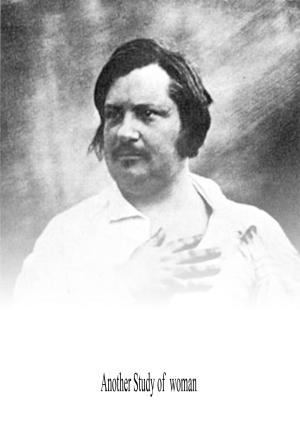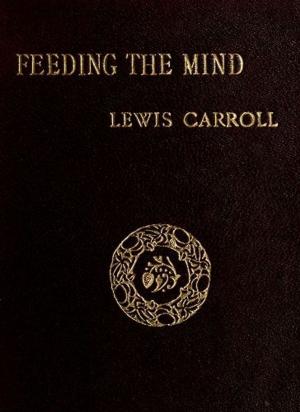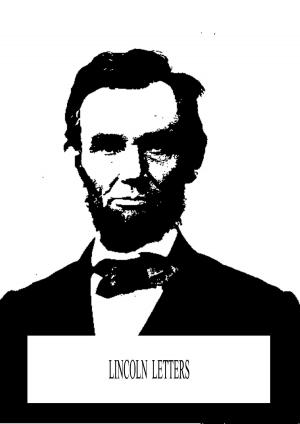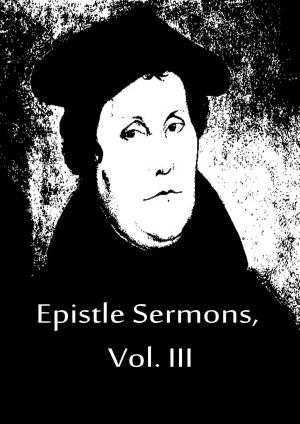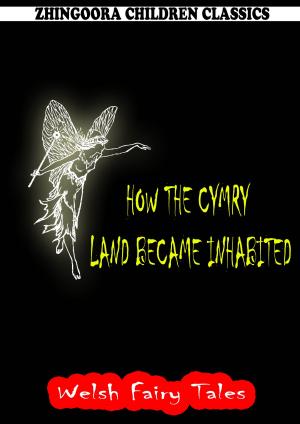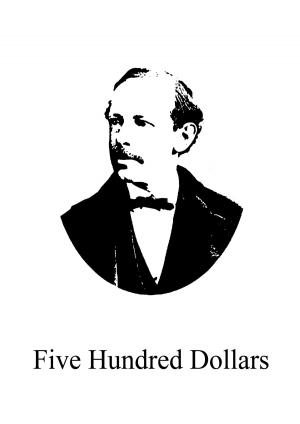| Author: | Voltaire | ISBN: | 1230000037098 |
| Publisher: | Zhingoora Books | Publication: | December 6, 2012 |
| Imprint: | Language: | English |
| Author: | Voltaire |
| ISBN: | 1230000037098 |
| Publisher: | Zhingoora Books |
| Publication: | December 6, 2012 |
| Imprint: | |
| Language: | English |
Christmas Summary Classics
This series contains summary of Classic books such as Emma, Arne, Arabian Nights, Pride and prejudice, Tower of London, Wealth of Nations etc. Each book is specially crafted after reading complete book in less than 30 pages. One who wants to get joy of book reading especially in very less time can go for it.
VOLTAIRE
Letters on the English
I.—The Quakers
Voltaire (see History) reached England in 1726. He had quarrelled with a great noble, and the great noble's lackeys had roundly thrashed him. Voltaire accordingly issued a challenge to a duel; his adversary's reply was to get him sent to prison, from which he was released on condition that he leave immediately for England. He remained there until 1729, and these three years may fairly be said to have been the making of Voltaire. He went with a reputation as an elegant young poet and dramatist—he was then thirty-two; and this reputation brought him into the society of the most famous political and literary personages of the day. He became a disciple of Newton, and gained a broad, if not a deep, knowledge of philosophy. He left in 1729 fully equipped for his later and greater career as philosopher, historian, and satirist. The "Philosophic Letters on the English" were definitely published, after various difficulties, in 1734; an English translation, however, appeared in 1733. The difficulties did not cease with publication, for the French authorities were grievously displeased with Voltaire's acid comparisons between the political and intellectual liberty enjoyed by Englishmen with the bondage of his own countrymen. The "Philosophic Letters" purported to be addressed to the author's friend Theriot; but they would seem to be essays in an epistolary form rather than actual correspondence. Of England and its people, Voltaire was both an observant and an appreciative critic; hosts and guest alike had reason to be pleased with his long and profitable visit.
Christmas Summary Classics
This series contains summary of Classic books such as Emma, Arne, Arabian Nights, Pride and prejudice, Tower of London, Wealth of Nations etc. Each book is specially crafted after reading complete book in less than 30 pages. One who wants to get joy of book reading especially in very less time can go for it.
VOLTAIRE
Letters on the English
I.—The Quakers
Voltaire (see History) reached England in 1726. He had quarrelled with a great noble, and the great noble's lackeys had roundly thrashed him. Voltaire accordingly issued a challenge to a duel; his adversary's reply was to get him sent to prison, from which he was released on condition that he leave immediately for England. He remained there until 1729, and these three years may fairly be said to have been the making of Voltaire. He went with a reputation as an elegant young poet and dramatist—he was then thirty-two; and this reputation brought him into the society of the most famous political and literary personages of the day. He became a disciple of Newton, and gained a broad, if not a deep, knowledge of philosophy. He left in 1729 fully equipped for his later and greater career as philosopher, historian, and satirist. The "Philosophic Letters on the English" were definitely published, after various difficulties, in 1734; an English translation, however, appeared in 1733. The difficulties did not cease with publication, for the French authorities were grievously displeased with Voltaire's acid comparisons between the political and intellectual liberty enjoyed by Englishmen with the bondage of his own countrymen. The "Philosophic Letters" purported to be addressed to the author's friend Theriot; but they would seem to be essays in an epistolary form rather than actual correspondence. Of England and its people, Voltaire was both an observant and an appreciative critic; hosts and guest alike had reason to be pleased with his long and profitable visit.
![Cover of the book Letters on the English [Christmas Summary Classics] by Voltaire, Zhingoora Books](https://www.kuoky.com/images/2012/december/500x500/1230000037098-E2GA_500x.jpg)



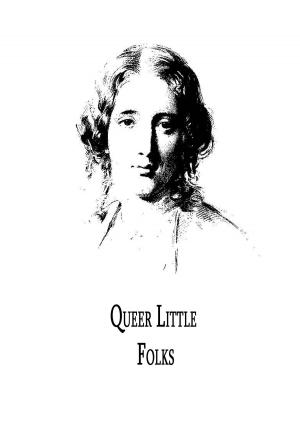
![Cover of the book Renee Mauperin [Christmas Summary Classics] by Voltaire](https://www.kuoky.com/images/2012/november/300x300/1230000034648-72NN_300x.jpg)
![Cover of the book The Nature of Man [Christmas Summary Classics] by Voltaire](https://www.kuoky.com/images/2012/december/300x300/1230000036279-YJac_300x.jpg)
